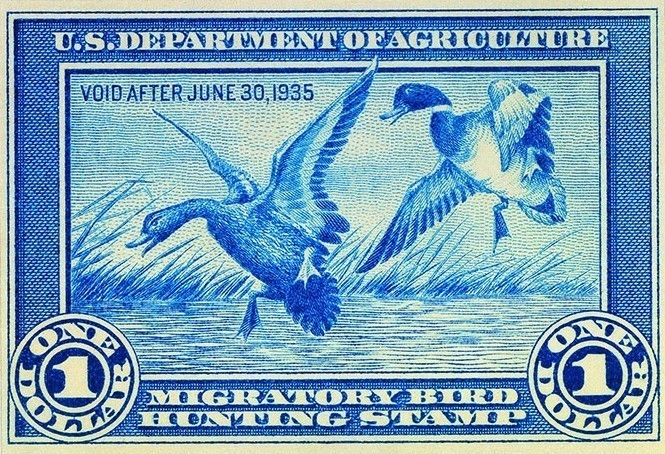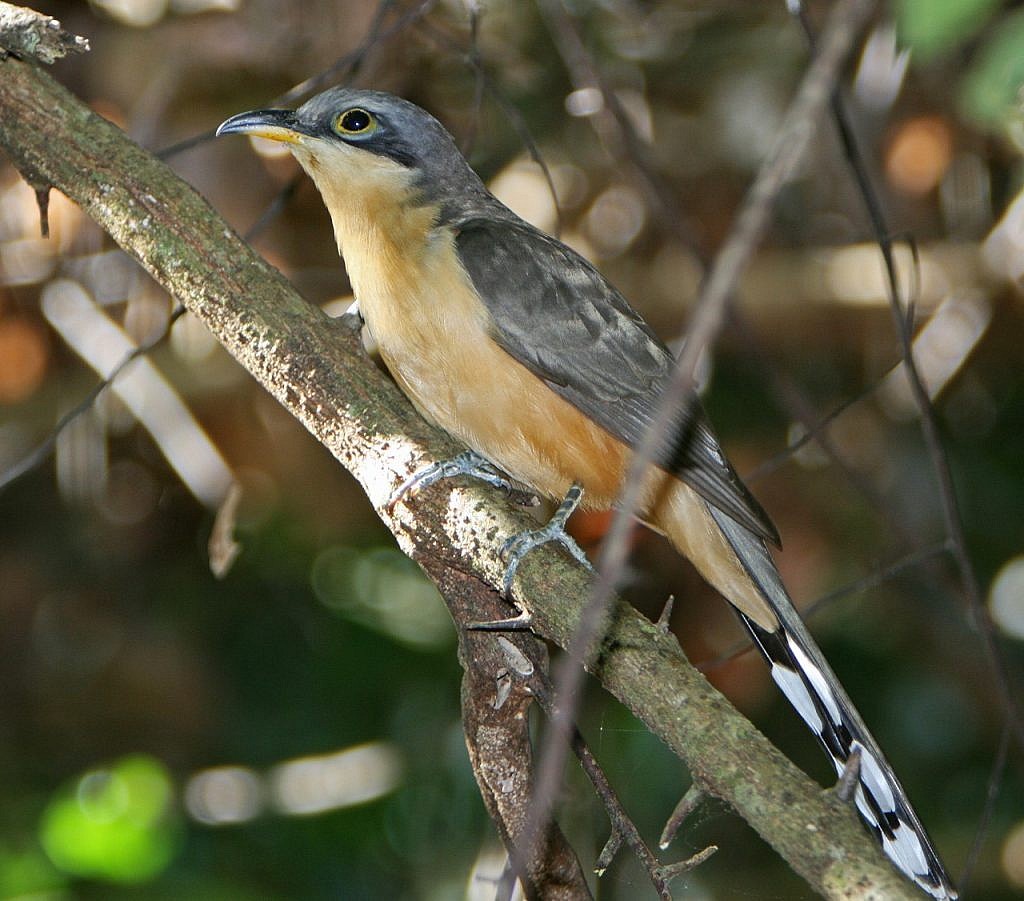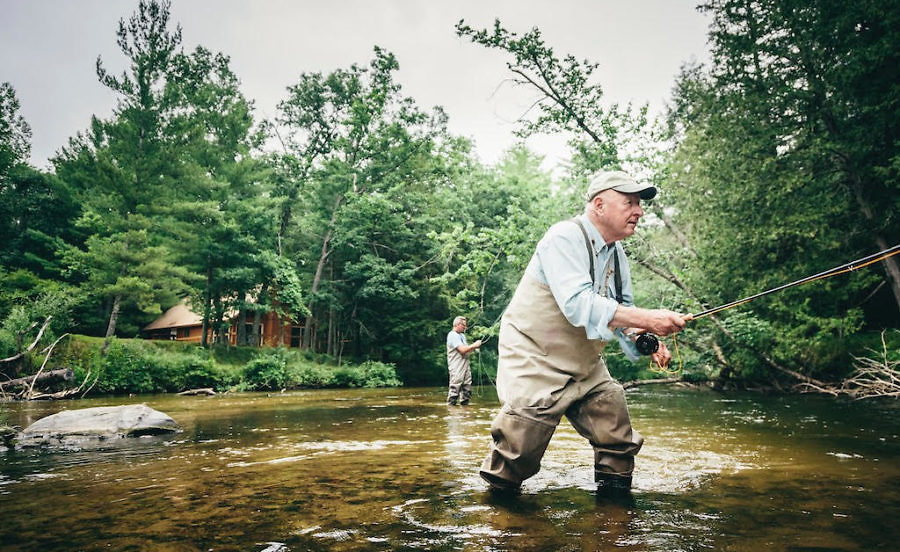
by Brooke Chilvers
Years before becoming familiar with the Federal Duck Stamp Act, I gathered seashells along the seashore of the subtropical barrier island of Sanibel with my grandparents. I thought then that Ding Darling was some sweet southern treat.
Today, both birders and wildfowlers know that Sanibel’s 6,400-acre National Wildlife Refuge refers to Jay Norwood Darling (1876–1962) who is credited with urging President Harry S. Truman, in 1945, to sign an Executive Order to protect a substantial piece of the island’s pristine mangrove forests and cordgrass marshes from developers. “Ducks can’t nest on a picket fence,” wrote Darling.
In 1967, the refuge, which counts 245 bird species – including the mangrove cuckoo – was renamed in his honor.
Ding, whose professional nom de plume was derived from contracting the first letter with the last three letters of his family name, was an unlikely early champion of habitat conservation. But the avid hunter and fisherman, who wintered on Captiva Island, explained his epiphany, “If I could put together all the virgin landscapes which I knew in my youth, and show what has happened to them in one generation, it would be the best object lesson in conservation that could be printed.”
Born in Norwood, Michigan (hence his middle name), Darling joined the staff of a Sioux City newspaper to raise funds to attend medical school. Unable to get the assigned photo of a trial scene, he sketched it, unexpectantly launching – and changing – his career. Soon the self-trained artist started drawing the outspoken political cartoons that would earn him two Pulitzer Prizes, in 1923 and 1942.
“His mind and pen were incisive and bold, but never unkind or intolerant,” writes sporting-art gallerist Russell Fink in his biographical notes on Darling. “No topic of the day escaped his notice.”
Darling got a better deal at the Des Moines Register and Leader in 1906, and continued there until he retired in 1949. He’d tried out life in New York City several times during his career, but the pull of the still unspoiled prairies of Iowa drew him back to the state he considered home. But it was Darling’s association with the New York Tribune, beginning in 1917, which allowed him to reach millions of readers through syndication in 130 daily newspapers across the nation.
Conservation became Darling’s obsession. In 1934, President Franklin Roosevelt asked Darling, a Republican, to head the U.S. Biological Survey (the forerunner of the U.S. Fish and Wildlife Service).
Towards the end of his life, Ding said he’d derived more satisfaction and accomplished more enduring visible good during his two years defending the interests of wild ducks than in his 50 years of trenchant cartooning.
Darling’s Migratory Bird Conservation Commission gave rise to the Federal Duck Stamp Program, in 1934, making him “the best friend ducks ever had.” Wildfowlers know that he drew the very first stamp, of a pair of mallards. It cost $1. Since 1934, the program has funded some $2 billion to purchase and maintain more than five million acres of waterfowl and wetlands habitat.

Which brings me to the subject of jealousy. While kayaking among the mangroves across the bay from Sanibel, off Pine Island, we paused while our guide, named Bear (for obvious reasons), explained the tragic history of the displaced Calusa people. Closing my eyes against the sun, I heard my husband gasp as the discreet and elusive mangrove cuckoo flew right under his nose, flashing its distinctive tail. And I, a longtime twitcher, had missed it! I was blitzed by uncontrollable jealousy. Its squeaky, creaky call from deep within the forest heightened my disappointment. In eight years of guiding, Bear said, he’d seen the bird but once. And here, my charming French husband sees the prestigious species after a quick paddle!
I wasn’t pouting, but felt too deflated to cross the now windblown bay, busy with rude boat traffic. Bear kindly hitched my kayak to his, and although I kept pace, his strokes thrust us across the choppy water. Pierre kept up with no problem.
When we beached, I asked whether he was jealous of my hitching a highspeed ride. “Yes,” he said, paused, and added: “Only kidding.”
______________________________________________________________________________
Brooke Chilvers has second thoughts about returning to childhood haunts. Except for the Refuge, “her” Sanibel, she says, is gone.
